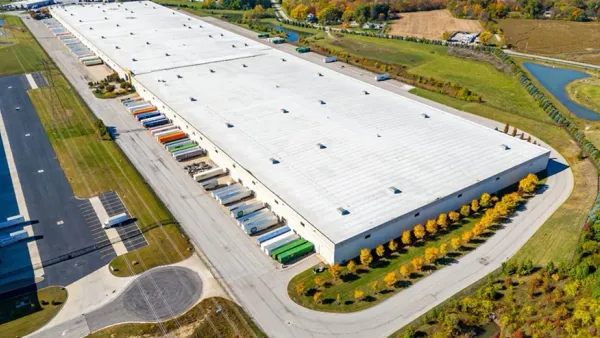Volkswagen Group in 2022 ratcheted up its analysis and due diligence to prevent and root out human rights violations in its supply chain for key materials, according to the company’s third and most recent report on responsible raw materials sourcing.
The overhaul was in part preparation for a German law that adds new supply chain due diligence requirements on companies doing business in the country, which went into effect earlier in 2023.
The company said that its new approach “aims to prevent or minimize human rights and environmental risks along the Volkswagen Group’s supply chains based on a systematic risk analysis.”
That analysis is based on the business models of suppliers and includes both internal and external risk data, and also takes into account country-level risk when rating suppliers along with their individual business profiles.
Volkswagen Group, which includes the Porsche and Audi brands along with its namesake and other lines, says it has more than 59,000 suppliers across 90 countries. Its various automotive brands source a range of materials, from steel, copper and aluminum to battery ingredients such as lithium and cobalt, as well as conflict materials including tin, tungsten and gold.
In its 2022 sustainability report, Volkswagen said it has more than 12,600 sustainability ratings for suppliers across its supply chain, covering 75% of its procurement spend. More than half of those have an A rating.
The company also said it handled 145 reports of breaches through its supply chain grievance process, and four suppliers were blocked from new contracts because of “serious breaches.”
Volkswagen listed in its materials report several steps and milestones over the past year toward more responsible sourcing in materials, including:
- It became a member of the Initiative for Responsible Mining Assurance.
- Most of its supplier sites were certified by the Leather Working group by year’s end, and the company introduced a new specification sheet for leather. (Leather is mainly used in the company’s Porsche Line.)
- It increased due diligence engagement with suppliers in its battery supply chain.
- The automaker contributed a hydrological study as part of a Responsible Lithium Partnership dialogue on water-related risks in lithium mining in Chile.
- Company representatives visited cobalt-related project sites and took part in a workshop in the Democratic Republic of Congo around cobalt and copper mining.
Dirk Große-Loheide, a member of Volkswagen’s management board responsible for procurement, said in a statement that the company has been “continuously working with indirect suppliers in upstream supply chains — where the challenge is greatest.”
In a letter included in the materials report, Große-Loheide noted that the company believes that the most severe human rights risks, as well as environmental risks, are at the mining level in Volkswagen’s materials supply chains.
This story was first published in our Procurement Weekly newsletter. Sign up here.















